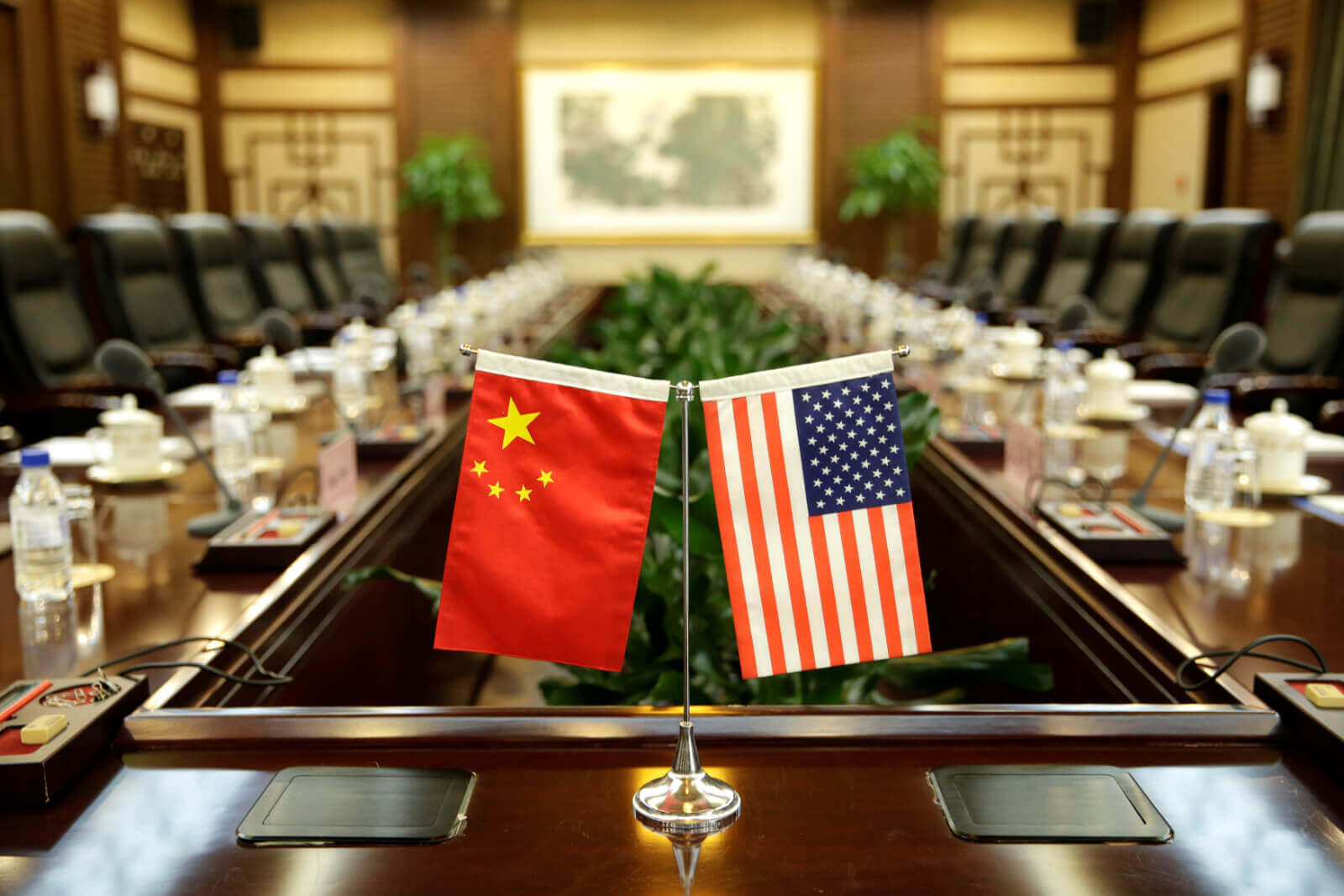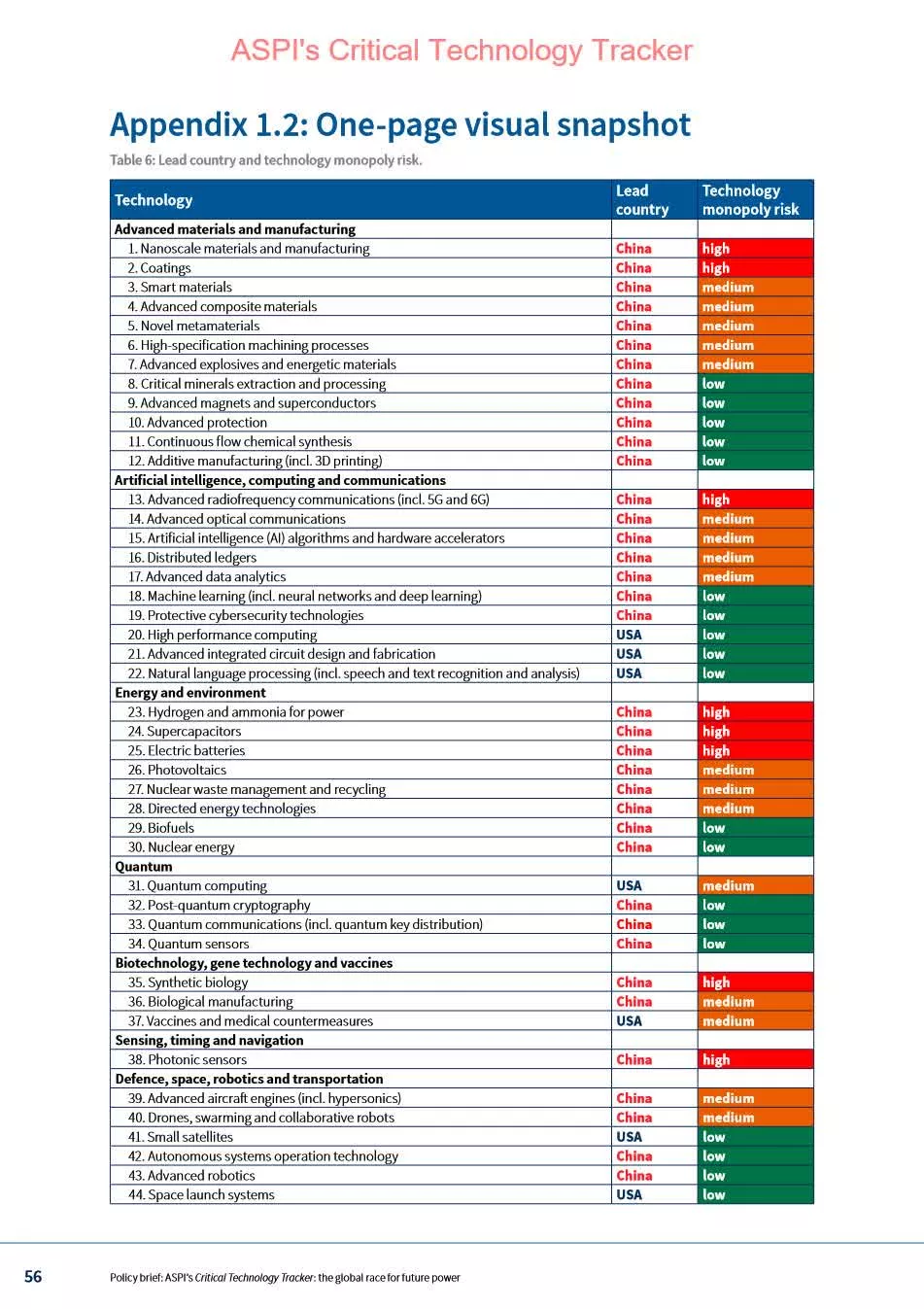In a nutshell: The Biden administration might be limiting China's ability to manufacture advanced chips, but according to an independent think tank, the Asian nation is still ahead of the US when it comes to research in 37 out of 44 crucial and emerging technologies, including AI, defense, and key quantum tech areas.
Insider reports that the Canberra-based Australian Strategic Policy Institute (ASPI) believes China has a "stunning lead" over the US when it comes to high-impact research across the majority of critical and emerging technology domains.
ASPI lists some of the areas where China leads the US as defense, space, robotics, energy, the environment, biotechnology, artificial intelligence, advanced materials, and key quantum technology areas.
The think tank notes that for some of these technologies, the ten leading research institutions are based in China and are collectively generating nine times more high-impact research papers than the second-ranked country, which is usually the US. What could be especially worrying for America is that two areas where China really excels are Defense and space-related technologies. ASPI writes that China's advancements in nuclear-capable hypersonic missiles took the US by surprise in 2021.
How is China so far ahead? Some of it is down to imported talent. The report notes that one-fifth of its high-impact papers are being authored by researchers with postgraduate training in a Five-Eyes country (Australia, Canada, New Zealand, the United Kingdom, and the United States). However, most of China's progress comes from deliberate design and long-term policy planning by President Xi Jinping and his predecessors.
The near-term effects of China's lead could see it gaining a stranglehold on the global supply of certain critical technologies, while the long-term impact could result in the authoritarian state gaining more global influence and power.
The ASPI recommends that governments worldwide collaborate to catch up on China. It recommends technology visas, 'friend-shoring,' and R&D grants between allies. It also notes the benefits of more funding for these sectors, and suggests governments consider restricting the movements of researchers who are experts in certain fields as "recruiting personnel to lead research programs in, for example, defense-relevant technologies in adversarial states poses a clear threat to a country's national security."
In related news, it was recently reported that Chinese companies are filling warehouses with chipmaking equipment in preparation for further export restrictions by the US and other countries. We also heard it is planning to launch 13,000 satellites to suppress and spy on Starlink.

